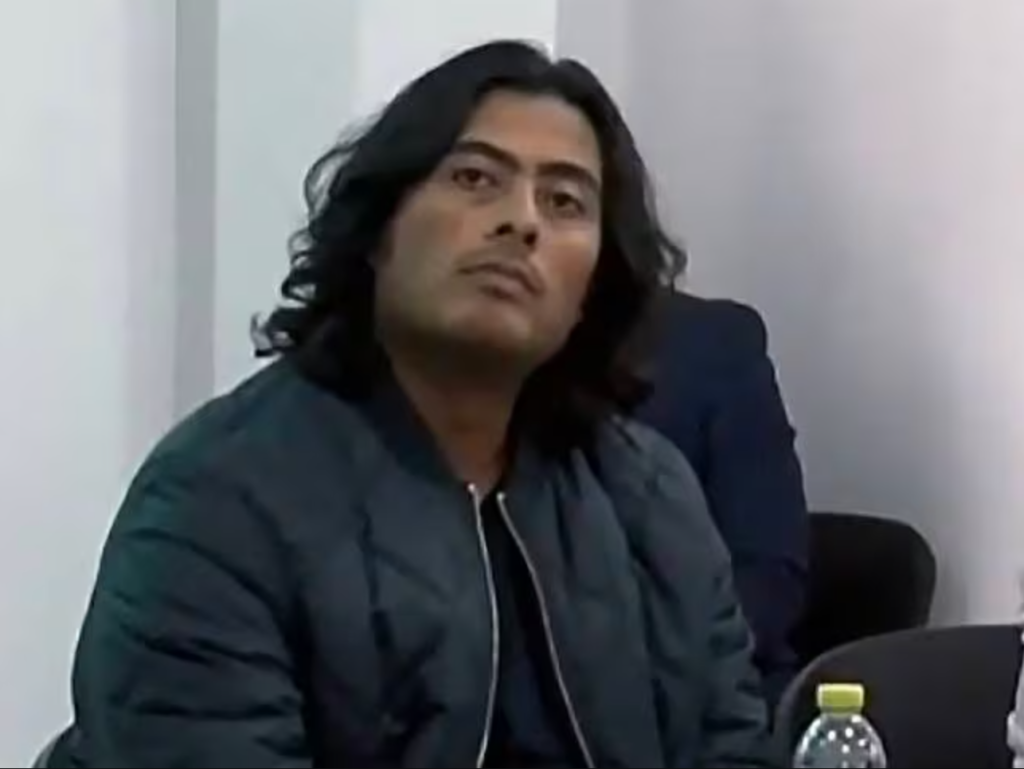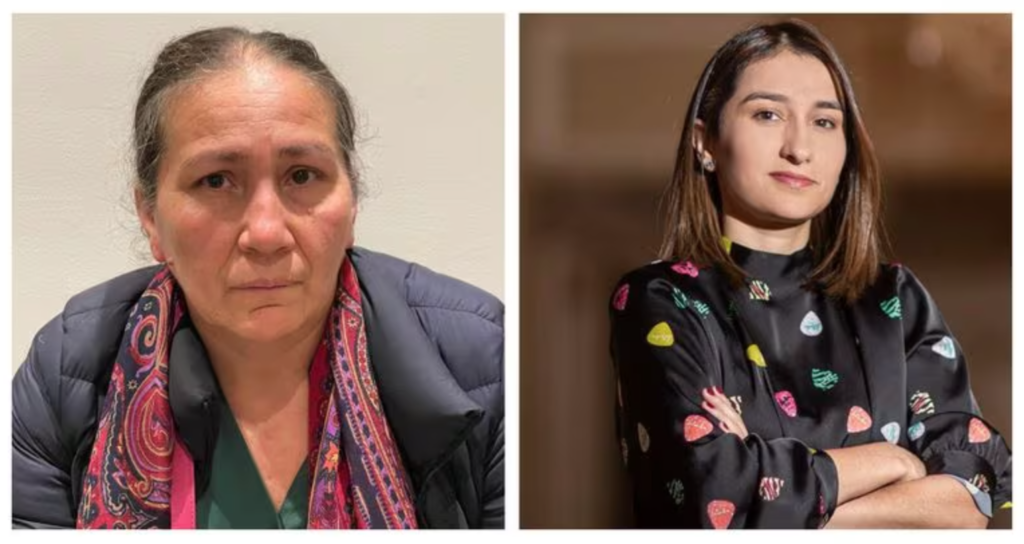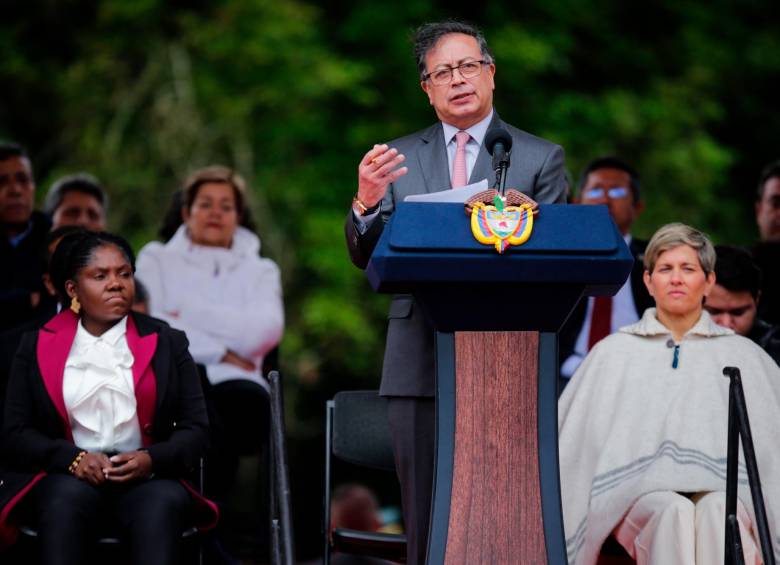Bogotá, Colombia: Colombian President Gustavo Petro’s first year in office has been anything but smooth sailing. Two major scandals, one swirling around his own son and another involving his top officials, have eroded his political capital and challenged his ambitious reform agenda.
Petro’s presidency began with a wave of optimism, with a diverse coalition backing his promises of social change and economic reforms. Yet, the honeymoon was short-lived. Legislative roadblocks stalled key reforms, leading to the early demise of the coalition and a significant cabinet reshuffle. Public favorability dipped as frustration mounted over Petro’s inability to deliver on his promises.
Nicolás Petro: A Seismic Shock:
The July arrest of Petro’s eldest son, Nicolás, on charges of money laundering and illicit enrichment sent shockwaves through the nation. In a statement, Petro pledged non-interference in the legal process, emphasizing his respect for judicial independence.
Allegations and Cooperation:
Nicolás Petro’s ex-wife, Day Vásquez, accuses him of receiving funds from drug traffickers involved in his father’s peace negotiations. She also implicates Nicolás’ uncle, Fernando Petro Urrego, in the alleged scheme. Petro, while expressing disappointment in his son’s alleged actions, maintains he was unaware of them.

Nicolás Petro, facing mounting pressure, has offered to cooperate with the justice system, promising to reveal details about other individuals involved in criminal activities. This surprise move, alongside a judge’s recent decision to allow Petro and Vásquez to remain free during the trial, adds a layer of complexity to the case.
While the legal repercussions may not directly touch President Petro, analysts warn that the scandals cast a long shadow over his administration. “This is a depth charge for Gustavo Petro,” says criminal lawyer Fabio Humar. “The path gets deeply entangled… Some already say the president may not be able to submit a list for Attorney General.”
As Petro navigates the legal storm and attempts to salvage his reform agenda, a key question remains: can he regain the trust and momentum lost in his tumultuous first year? Only time will tell if Petro can weather the storm and steer Colombia towards the progressive future he envisioned.
Colombian Government Grapples with Wiretapping Scandal, Brawls, and Official Resignations
President Gustavo Petro’s administration has been embroiled in a complex web of scandals since June of last year, involving accusations of illegal wiretapping, stolen cash, explosive threats, and even extortion attempts. This tangled saga has cast a shadow over Petro’s presidency and raised questions about transparency and accountability within his government.
Wiretapping, Briefcase Mystery, and Polygraph Tests:
The saga began with a briefcase. Former employee Marelbys Meza accused Laura Sarabia, Petro’s then-chief of staff, of irregularities following the alleged theft of $7,000 from her apartment in January. Meza claimed she was interrogated about the briefcase in a building near the presidential palace, even undergoing a polygraph test administered by officials linked to the president’s protection unit.
Ambassador’s Accusations and Denials:
Journalist Daniel Coronell reported a potential connection to Armando Benedetti, the Colombian ambassador to Venezuela at the time, who previously employed Meza. Benedetti vehemently denied any involvement, instead accusing Sarabia of manipulating information, abuse of power, and even extortion. Sarabia maintained her innocence, claiming she and her family were victims of a robbery.

Investigations and Resignations:
The Attorney General’s Office launched an investigation, but allegations escalated when news broke of leaked audio recordings suggesting illegal wiretapping of Sarabia’s phone conversations. Facing mounting pressure, both Sarabia and Benedetti resigned from their positions, although Benedetti remained ambassador until July.
This web of accusations and counter-accusations has damaged Petro’s government’s image, raising concerns about transparency and potential abuse of power. The wiretapping allegations, if proven true, represent a serious breach of privacy and legal procedures. The scandal also underscores internal tensions within the administration, casting doubt on its ability to function effectively.
With investigations ongoing and conflicting narratives, the full picture of this scandal remains shrouded in uncertainty. Key questions remain about the stolen briefcase, the veracity of the wiretapping accusations, and the motivations behind the various claims. Whether the government can navigate this crisis and regain public trust is a major challenge for Petro in the months ahead.


